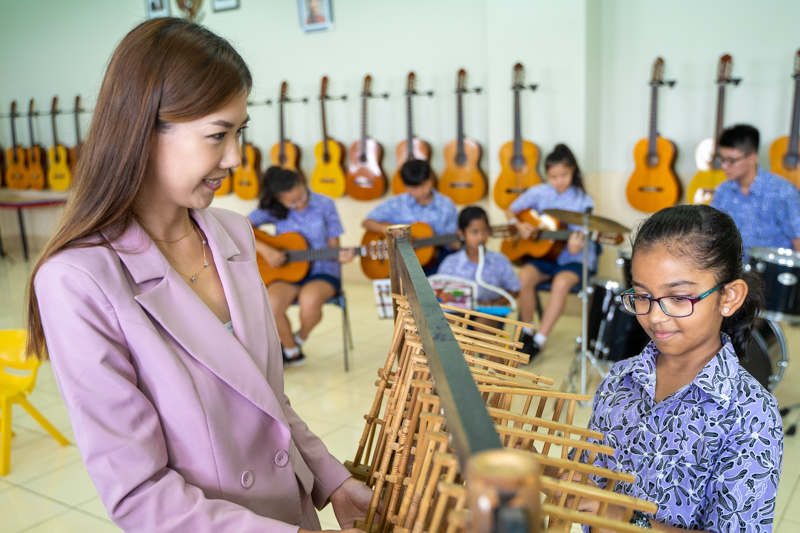A Complete Guide to IGCSE Education
March 15, 2024Written by ASIS Education
A Complete Guide to IGCSE Education: Benefits and Distinctiveness of IGCSE Syllabus
The importance of Education is a time-tested fact. In this 21st century education plays a crucial role in the overall development of individuals and societies, empowering people with knowledge, skills, and critical thinking abilities. It enhances personal growth, promotes social progress, and contributes to economic prosperity. In this blog, let's discuss various educational boards and how IGCSE differs from it.
National education vs international education:
When it comes to different forms of education, national education systems can indeed vary from country to country. Each nation has its own educational policies, curriculum frameworks, and teaching methods, reflecting its cultural, historical, and societal contexts. National education often aims to address the specific needs and goals of a particular country, taking into account its unique challenges and priorities.
On the other hand, international education refers to educational programs, institutions, and initiatives that transcend national boundaries. It emphasizes a global perspective, cultural diversity, and the interconnectedness of nations. Curricula like the Singapore curriculum, IB curriculum, IGCSE, and Cambridge provide education beyond boundaries.
While national education systems are crucial for addressing specific needs within a country, international education complements and enriches these systems by promoting cross-cultural understanding, collaboration, and global awareness. Both forms of education play important roles in shaping individuals and societies, contributing to a more inclusive and interconnected world.
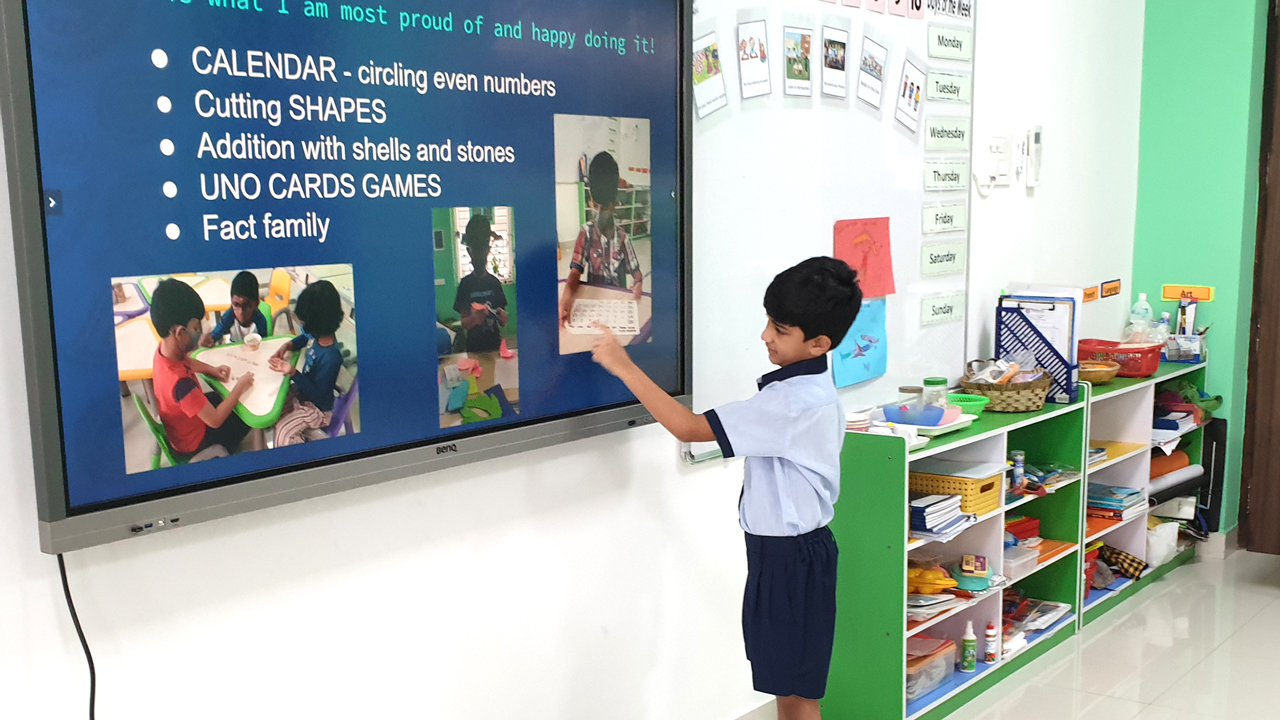
Benefits of IGCSE International Education:
Equal Opportunities: It provides access to quality education for students regardless of their nationality or background. This helps bridge educational gaps and promotes inclusivity.
Flexibility: One of the notable features of the IGCSE board is its flexibility. Students can choose from a variety of subjects and tailor their studies according to their interests, abilities, and future goals. The board offers over 70 different subjects to choose from, providing a broad range of options to cater to diverse student needs.
Global Perspective: International Schools expose students to different cultures, perspectives, and ideas, and broaden their worldview. It helps them develop a deeper understanding of global issues, encourages them to think critically and creatively, and equips them to face the interconnected world confidently.
Collaboration: International education often involves collaboration between educational institutions, across countries. This cooperation can lead to the sharing of best practices, study materials, and innovative approaches, benefiting education systems globally.
Enhanced Opportunities: International education can open doors to international career opportunities, as it equips students with global skills, language proficiency, and intercultural competencies that are increasingly valued in the global job market.
Personal Development: International education encourages personal growth by fostering independence, adaptability, and resilience. These experiences enhance their self-confidence, problem-solving skills, and ability to thrive in diverse situations.
Cultural Intelligence: International education develops cultural intelligence, which is the ability to interact effectively and respectfully with people from different cultures. This skill is increasingly valued in today's globalized world, where individuals and organizations need to navigate diverse cultural contexts.
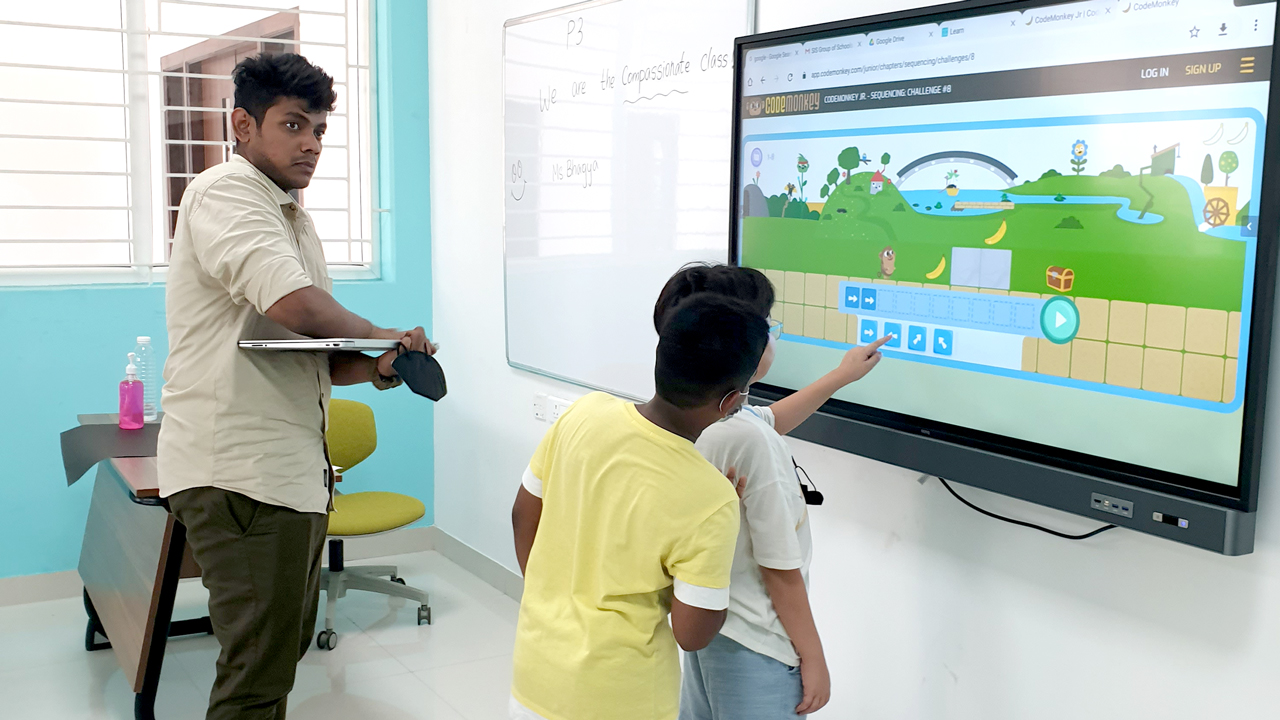
What is the IGCSE board?
The International General Certificate of Secondary Education (IGCSE) is an internationally recognized qualification for secondary school students. It is offered by the University of Cambridge International Examinations (CIE), a part of Cambridge Assessment, which is a department of the University of Cambridge in the United Kingdom.
The IGCSE curriculum is designed for students aged 14 to 16 years and is typically taken over a two-year period. It covers a wide range of subjects, including languages, mathematics, sciences, humanities, and creative arts. The IGCSE program aims to provide students with a solid foundation of knowledge and skills, preparing them for further education or employment.
One of the notable features of the IGCSE board is its flexibility. Students can choose from a variety of subjects and tailor their studies according to their interests, abilities, and future goals. The board offers over 70 different subjects to choose from, providing a broad range of options to cater to diverse student needs.
It is a broad and balanced curriculum available in 6000 schools in 145 countries. It is periodically revised to ensure that it remains up-to-date and relevant. The content and assessment methods are regularly reviewed and updated to reflect current educational practices and evolving global trends. As an internationally recognized qualification, the IGCSE is widely accepted by universities, colleges, and employers around the world. It is recognized by universities in many countries as a prerequisite for admission to higher education programs. Additionally, the IGCSE certificate can serve as evidence of a student's academic achievements and readiness for further study or employment.
In simple terms, the IGCSE board offers a comprehensive and flexible educational program, providing students with a well-rounded education and preparing them for future academic and career pursuits.
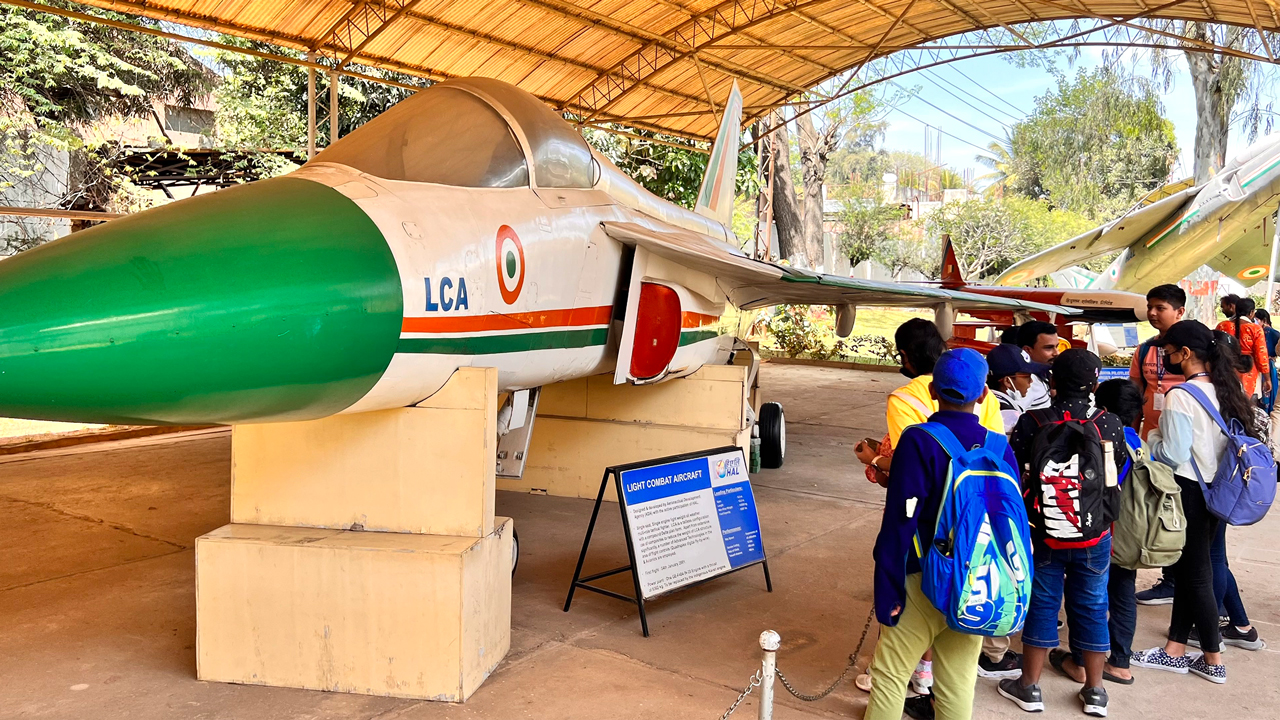
What differentiates IGCSE from ICSE, CBSE, and IB Curriculums
The IGCSE (International General Certificate of Secondary Education) curriculum, offered by Cambridge Assessment International Education (CAIE), is distinct from ICSE (Indian Certificate of Secondary Education), CBSE (Central Board of Secondary Education), and IB (International Baccalaureate) in several ways. IGCSE is globally recognized and provides a flexible curriculum with a wide range of subject choices. It emphasizes critical thinking and offers external exams with a grading scale from A* to G. In contrast, ICSE and CBSE are primarily followed in Indian schools, focusing on in-depth subject knowledge and percentage-based grading systems. Each curriculum caters to different educational needs and preferences, making them suitable for various students and schools worldwide. In the following tabular column, the key differences between each curriculum are highlighted.
|
IGCSE |
IB |
ICSE |
CBSE |
|
Offered by Cambridge Assessment International Education (CAIE) |
Offered by the International Baccalaureate Organization (IBO) |
Offered by the Council for the Indian School Certificate Examinations (CISCE) in India. |
Offered by the Central Board of Secondary Education in India |
|
It is a globally recognized qualification, popular in many countries |
The IB Diploma Programme (IBDP) is a two-year program for students aged 16 to 19. |
Primarily followed in Indian schools and some schools abroad. |
Widely recognized within India |
|
Provides a wide range of subject choices (over 70 subjects) to cater to diverse student interests. |
Requires students to study six subjects across various disciplines, including languages, sciences, mathematics, humanities, and the arts. |
The curriculum focuses on a broad range of subjects, including languages, sciences, mathematics, social sciences, and the arts. |
The curriculum focuses on a wide range of subjects |
|
Emphasizes a flexible curriculum, allowing students to choose subjects according to their preferences. |
Emphasizes critical thinking, research skills, and community service.
|
Emphasizes in-depth knowledge and detailed understanding of subjects. |
Emphasises well-rounded education |
|
Assessment is typically exam-based, with some practical and coursework components. |
Assessment includes both external examinations and internal coursework. |
Assessment is based on a combination of external examinations and internal coursework. |
The assessment method is typically exam-based with optional practicals. |
|
Grading scale from A* (highest) to G (lowest). Grades A* to C are considered passing grades. |
Grading scale from 7 (highest) to 1 (lowest). A score of 4 or above is generally considered a passing grade, depending on university requirements. |
Percentage-based grading system. Students receive marks for each subject, and a minimum passing percentage is required to clear the exams. |
Grading System A+ highest E lowest |
|
The IGCSE board conducts external examinations at the end of the course, usually in May/June or November. These exams are set and marked by the University of Cambridge International Examinations (CIE). |
The IB Diploma Programme includes both internal and external assessments. Internal assessments are conducted throughout the course, while external examinations take place in May or November. |
The ICSE board conducts its own examinations at the end of the course. The exams generally take place in February/March. |
External exams at the end of the course (March) |
|
The results for IGCSE exams are usually released in August (for May/June exams) and February (for November exams). |
The IB Diploma results are typically released in early July after the May exams and in early January after the November exams. |
The ICSE board releases the results in May or June, a few weeks after the February/March exams. |
Results will be released in May/June (March exams) |
IGCSE in India:
IGCSE is a popular international school leaving qualification that is also offered in India. There are over 300 schools in India that offer the IGCSE curriculum, and the qualification is recognized by universities and employers around the world.
There are several reasons why IGCSE is a popular choice for students in India. First, the curriculum is more rigorous than the Indian Certificate of Secondary Education (ICSE) curriculum, which means that students who study IGCSE are well-prepared for further study at university or college. Second, the IGCSE curriculum offers a wider range of subjects: 70 subjects, and 30 languages. than the ICSE curriculum, which allows students to explore their interests and strengths, Students have to choose a minimum of 5 subjects and max 24 subjects. Among these maths, science, and English are mandatory core subjects. Third, the IGCSE exams are held in May and November each year, which gives students more flexibility in terms of when they take their exams.
If you are considering studying IGCSE Syllabus in India, there are a few things you should keep in mind. First, you will need to find a school that offers the IGCSE curriculum. Second, you will need to make sure that you are prepared for the rigor of the IGCSE exams. Third, you will need to start planning your studies early, as the IGCSE curriculum is more demanding.
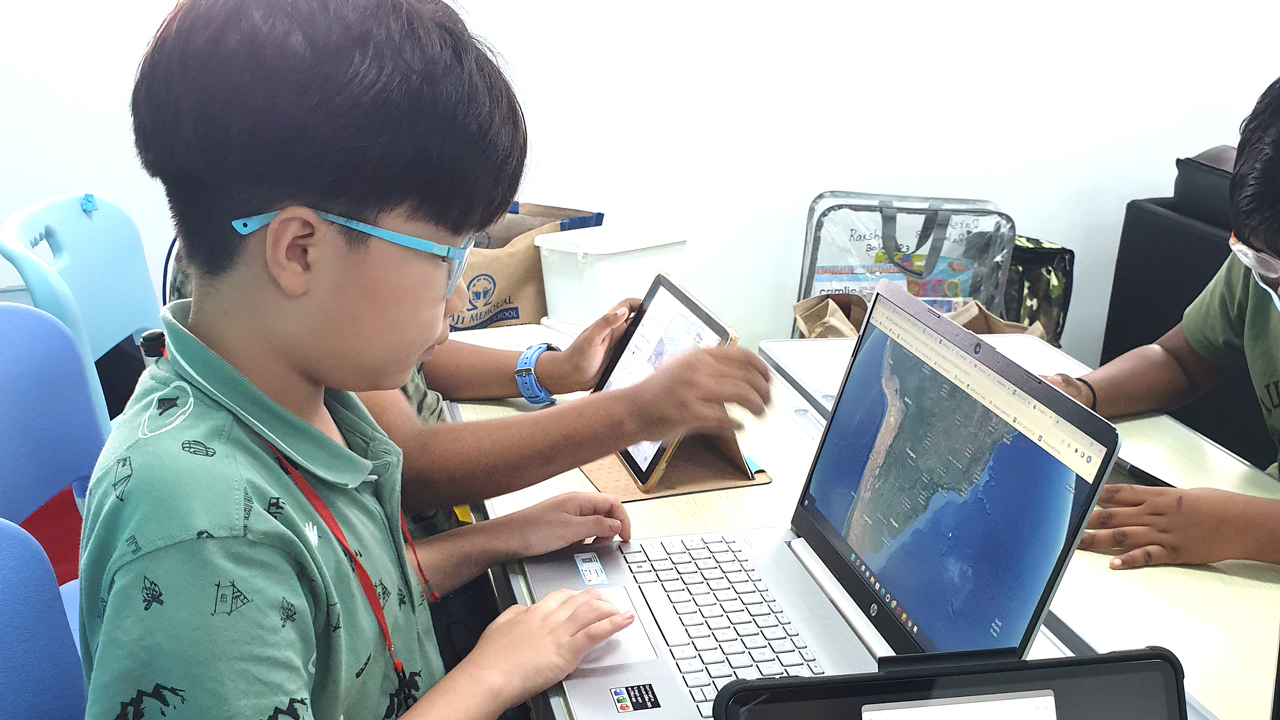
Top IGCSE Schools in India:
- Dhurubai Ambani International School, Mumbai
- British School, Mumbai
- Heritage School, Delhi
- Anand Singapore International School, Chennai
- American International School, Chennai
- Shri Ram School, Delhi
- Bombay International School, Mumbai
- Pathways International School, Gurgaon
- Amity International School, Noida
- Ryan International School, Mumbai
Top best IGCSE schools in Chennai:
- Anand Singapore International School, Porur
- American International School, Taramani
- Gateway International School, Sholinganalur
- The Indian Public School, Perungudi
- Lalaji Memorial Omega International School, Pallavaram
Choosing the Right IGCSE School: 10 Key Factors Parents Should Consider
Academic Reputation:
Curriculum Diversity:
Accreditation & Affiliations:
Qualified Teachers:
Class Size & Teacher-Student Ratio:
Facilities & Resources:
Pastoral Care & Support:
Extracurricular Opportunities:
Location & Commute:
Cost & Financial Considerations:
NEET and JEE for IGCSE students:
JEE is conducted for admission to undergraduate engineering programs in prestigious Indian Institutes of Technology (IITs), National Institutes of Technology (NITs), and other engineering colleges. NEET is conducted for admission to undergraduate medical (MBBS) and dental (BDS) courses in medical colleges across India.
IGCSE students can appear for the JEE (Joint Entrance Examination) and NEET (National Eligibility cum Entrance Test) in India, provided they meet the eligibility criteria set by the respective examination authorities.
To be eligible for JEE and NEET, IGCSE students need to fulfill certain requirements, including:
Age: Students must meet the age criteria specified by the examination authorities.
Educational Qualification: For JEE, students must have completed their 10+2 or equivalent examination with Physics, Chemistry, and Mathematics as core subjects.
For NEET, students must have completed their 10+2 or equivalent examination with Physics, Chemistry, Biology/Biotechnology, and English as core subjects.
Minimum Percentage: Students need to meet the minimum percentage requirement set by the examination authorities. These requirements may vary each year, so it's important to check the official notification or website for the specific eligibility criteria.
It's worth noting that while IGCSE students can appear for JEE and NEET, they may have additional steps to complete for eligibility, such as obtaining an equivalence certificate from the Association of Indian Universities (AIU) or other relevant authorities.
The process of obtaining an equivalence certificate can vary depending on the authority that is issuing the certificate. However, in general, students will need to provide proof of their IGCSE qualifications, as well as their school transcripts. They may also need to take additional exams or assessments.
Here are some links to the websites of the relevant authorities that issue equivalence certificates for IGCSE qualifications:
Association of Indian Universities (AIU): https://aiu.ac.in/
National Board of Examinations (NBE): https://nbe.edu.in/
Central Board of Secondary Education (CBSE): https://cbse.nic.in/
What comes after IGCSE Program:
After completing the IGCSE (International General Certificate of Secondary Education), students have several options for further study. The choice depends on their interests, career goals, and educational pathways. Here are some common options:
International Baccalaureate (IB) Diploma Programme: The IB Diploma Programme is a two-year pre-university course that offers a broad and balanced curriculum. It is recognized by universities worldwide and provides a holistic education. Students typically study six subjects, including languages, sciences, humanities, and mathematics, along with core components like Theory of Knowledge (TOK), Extended Essay, and Creativity, Activity, and Service (CAS).
A-Levels: A-Levels (Advanced Level qualifications) are subject-based qualifications widely recognized in the United Kingdom and various other countries. Students typically choose three to four subjects and study them in depth over a two-year period. A-Levels are highly regarded for entry into universities and provide specialization in specific subject areas.
National Curriculum of a Specific Country: Students can choose to follow the national curriculum of a specific country, such as the Indian curriculum (CBSE or ICSE boards) or the curriculum of their home country. This option allows students to continue with the curriculum they are familiar with and may align with their future plans to study or work in their home country.
Vocational or Technical Courses: Some students may prefer vocational or technical courses that provide hands-on training and specialized skills. These courses can be pursued at technical institutes or vocational training centers and can lead to specific career paths or industry certifications.
Criteria for IGCSE School:
To offer the IGCSE (International General Certificate of Secondary Education) program, a school typically needs to meet certain requirements and go through a process of affiliation with the University of Cambridge International Examinations (CIE), which administers the IGCSE curriculum. Let’s see some key aspects and considerations:
Accreditation and Recognition: The school should be recognized and authorized by the respective local educational authorities in the region or country where it operates. Compliance with any national or regional regulations related to curriculum, teaching standards, facilities, and infrastructure is essential.
Affiliation with Cambridge Assessment International Education: The school needs to establish an affiliation with Cambridge Assessment International Education, which is the department of the University of Cambridge responsible for the IGCSE program.
Resources and Facilities: The school should have adequate resources and facilities to support the delivery of the IGCSE program. This includes access to textbooks, teaching materials, laboratories (for subjects like sciences), libraries, and other resources necessary for effective teaching and learning.
Quality Assurance and Continuous Professional Development: Schools offering the IGCSE program are expected to maintain high standards of teaching and learning. This involves participating in quality assurance processes, engaging in continuous professional development for teachers, and staying updated with changes and revisions to the curriculum.
Expat/International Teachers: Schools should actively recruit international teachers who have experience with the IGCSE curriculum or qualifications from their home countries that align with the IGCSE program. International teachers bring diverse perspectives, global exposure, and expertise in their subject areas, enriching the learning experience for students.
Cultural Sensitivity and Integration: Schools should foster a multicultural and inclusive environment where teachers and students from different nationalities are valued and integrated into the school community. Encouraging cultural exchange and respecting different perspectives help create a positive and harmonious teaching and learning environment.
We believe this article has provided you with a comprehensive understanding of what the IGCSE (International General Certificate of Secondary Education) program entails. By exploring the content presented here, you should now have a solid foundation for understanding the IGCSE curriculum, its benefits, and its relevance in today's education landscape. Additionally, we have provided insights into the factors to consider when selecting the best school that offers the IGCSE program.

.jpg)

.jpg)
.jpg)
.jpg)


.jpg)

.jpg)
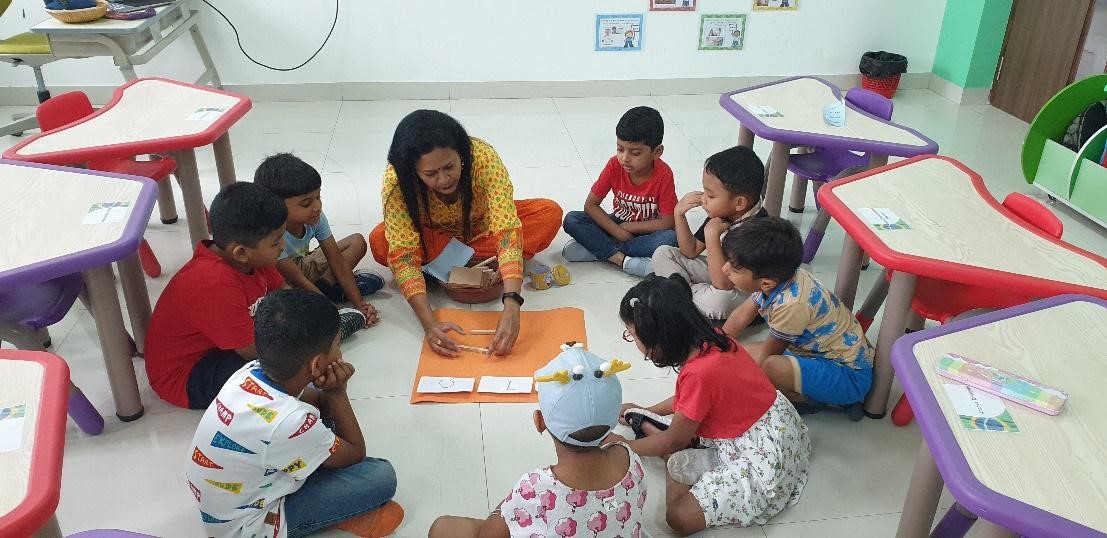
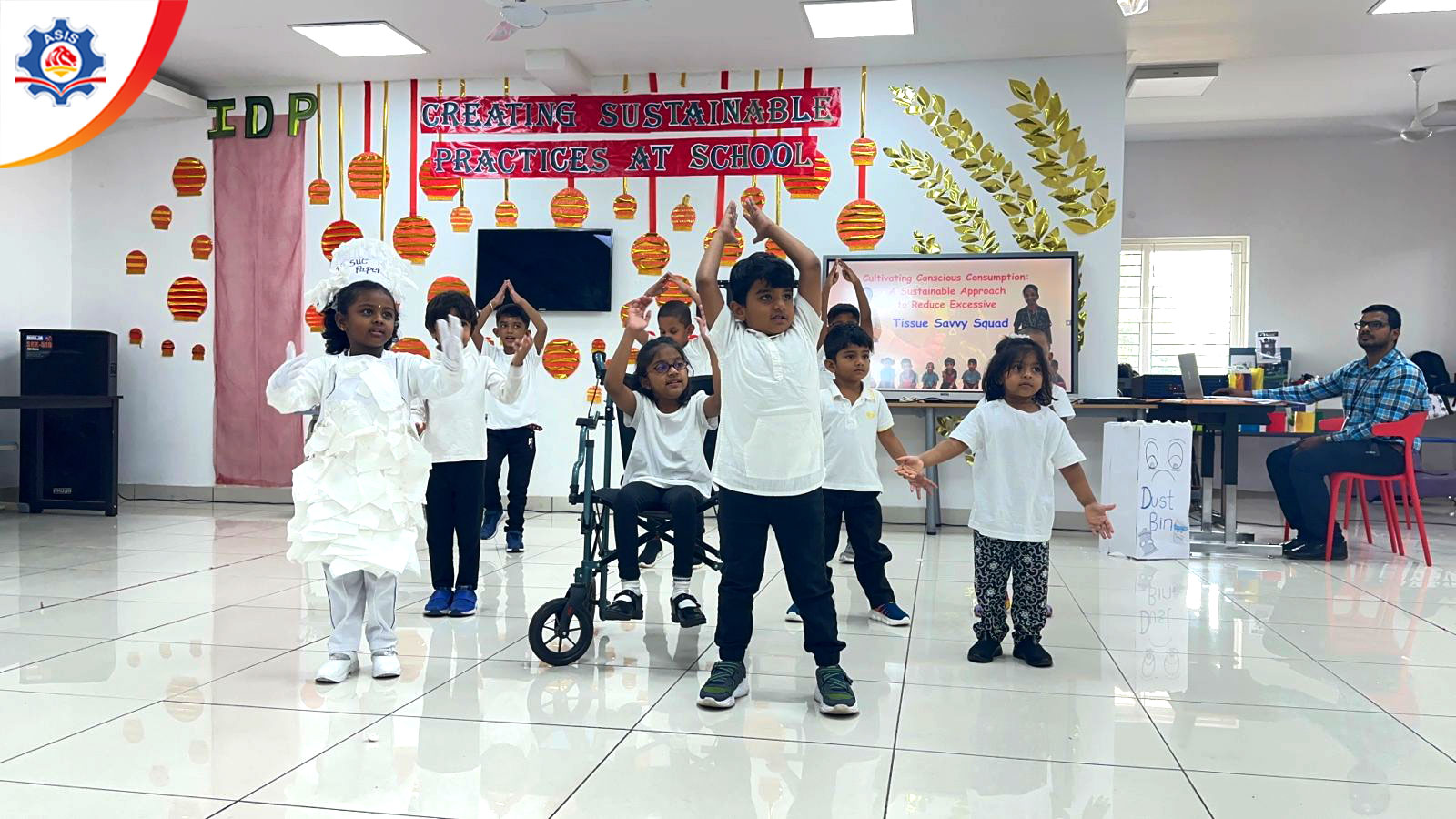
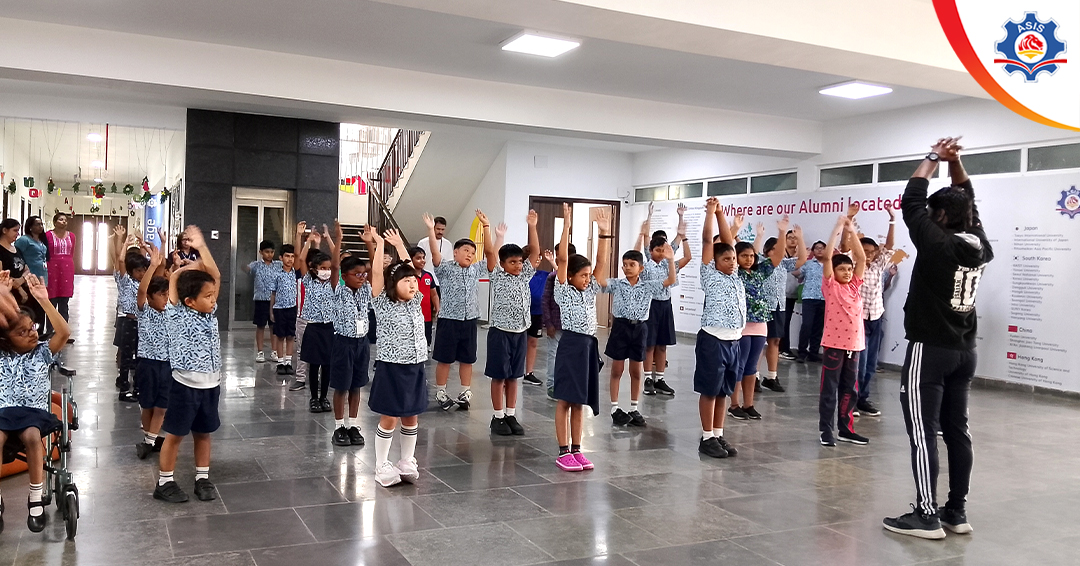
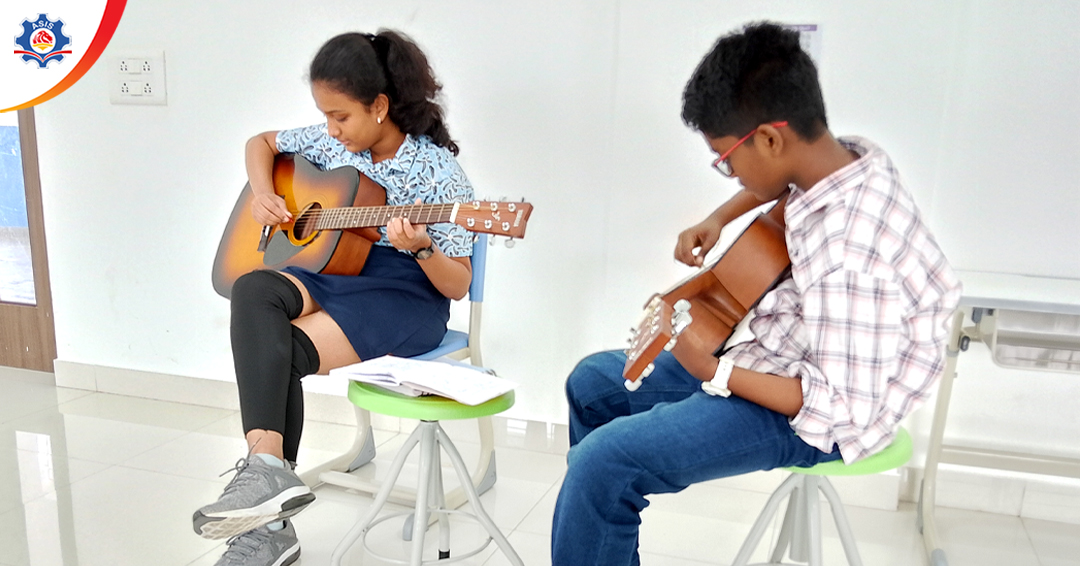
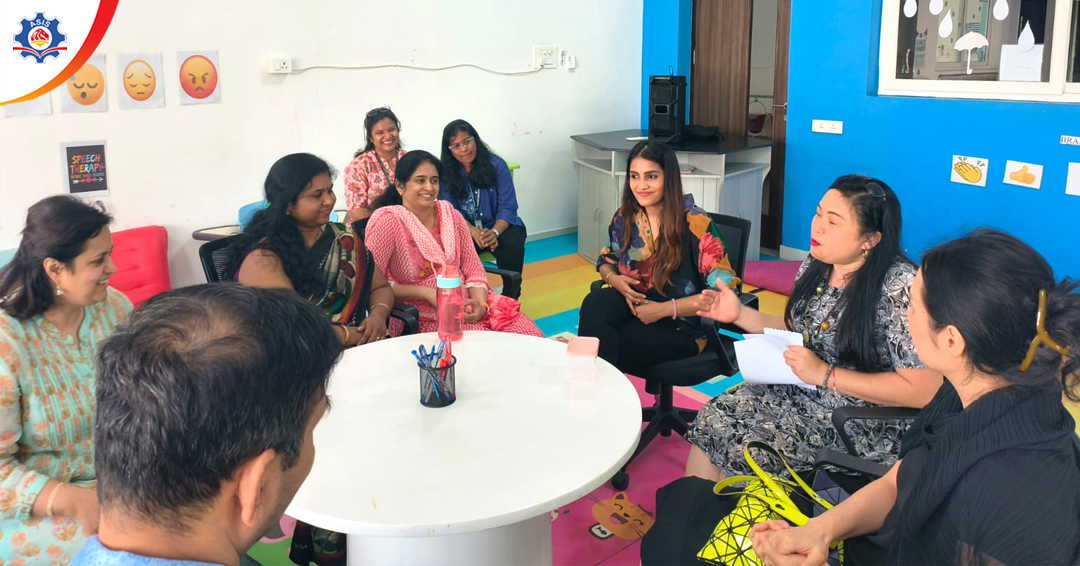
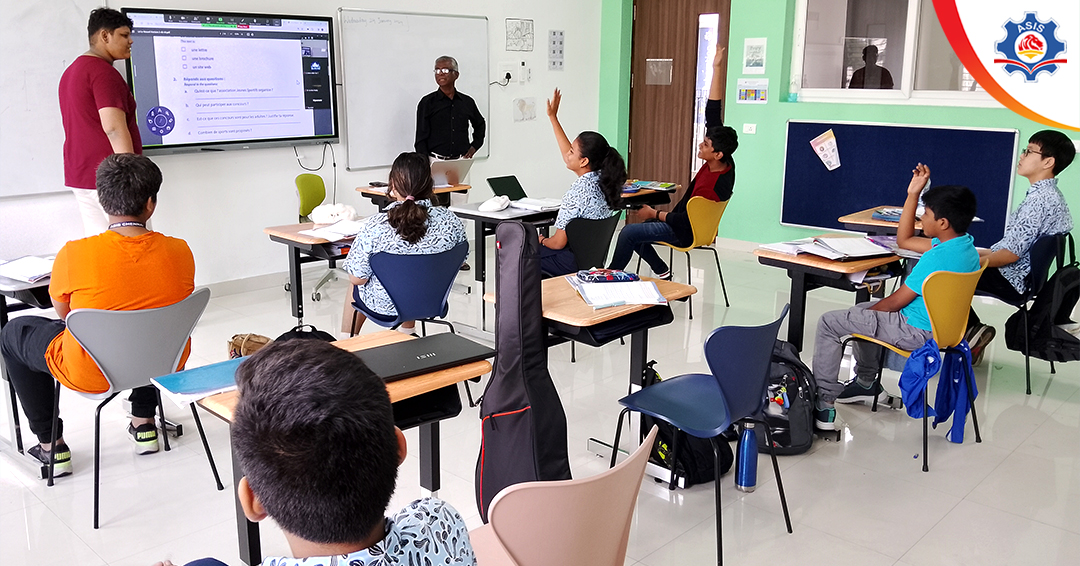


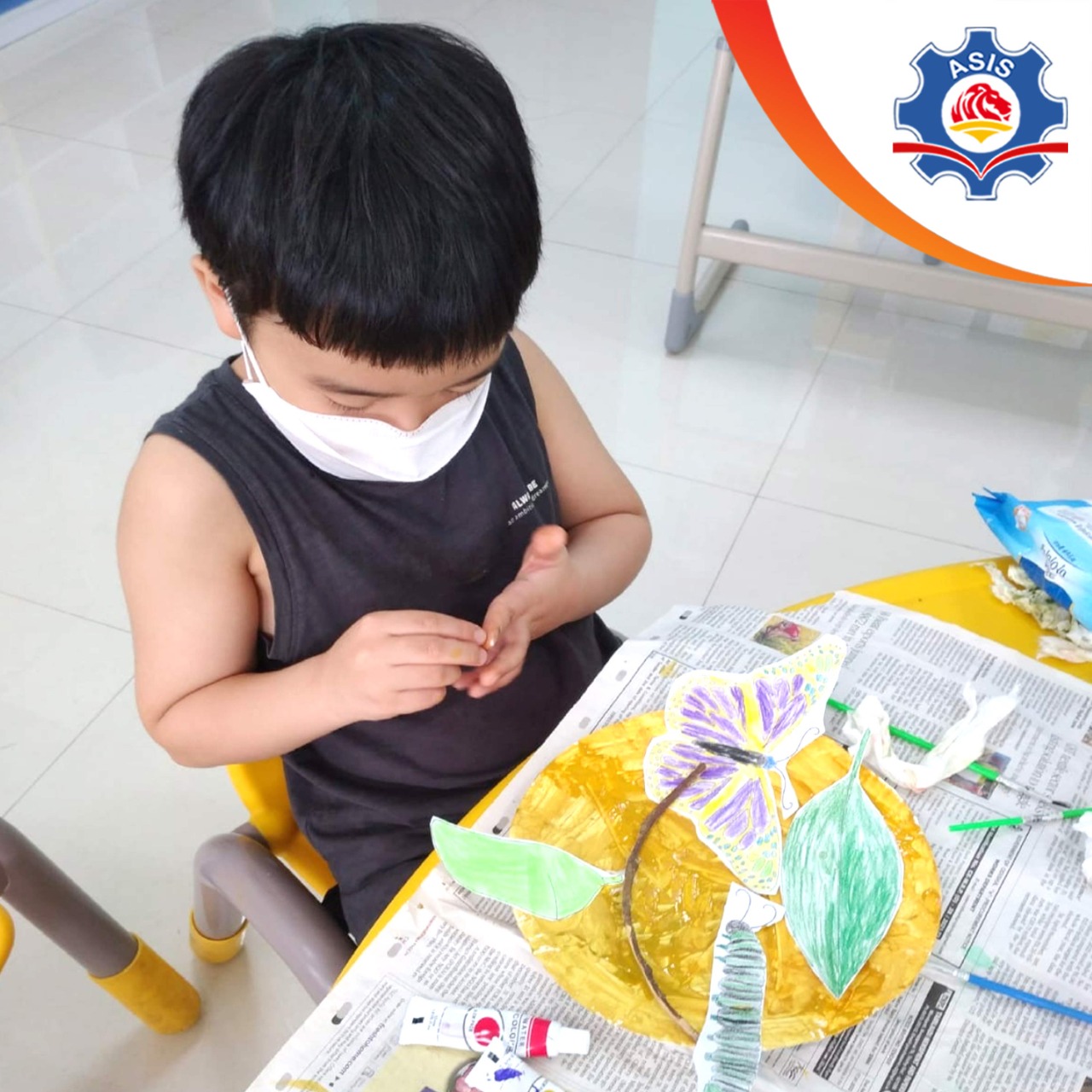
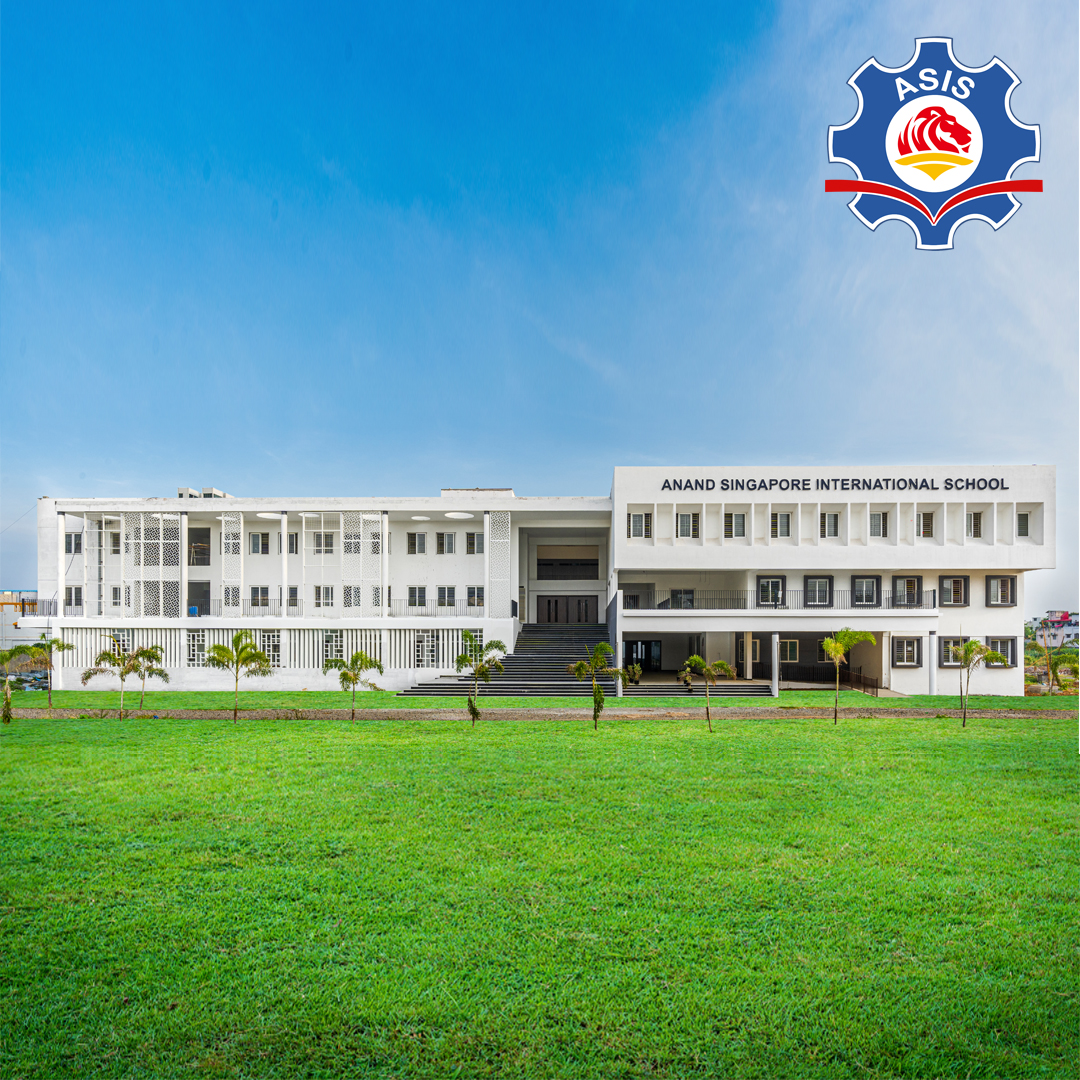
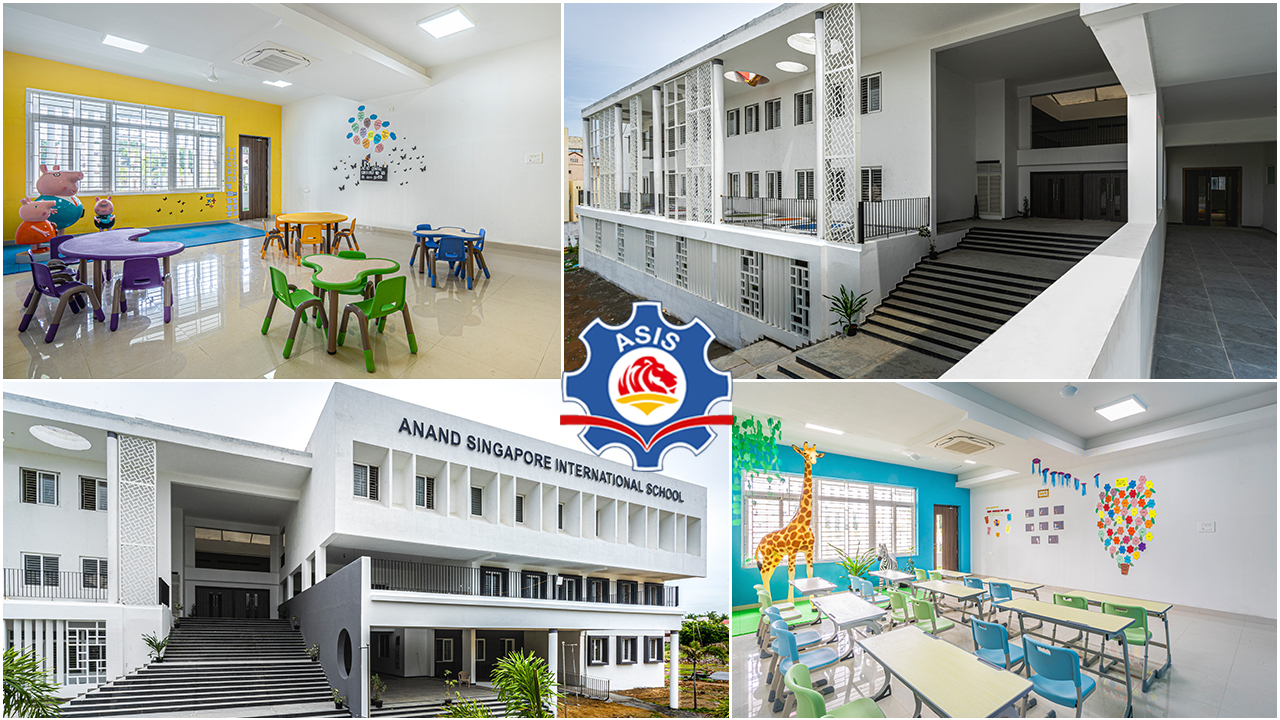
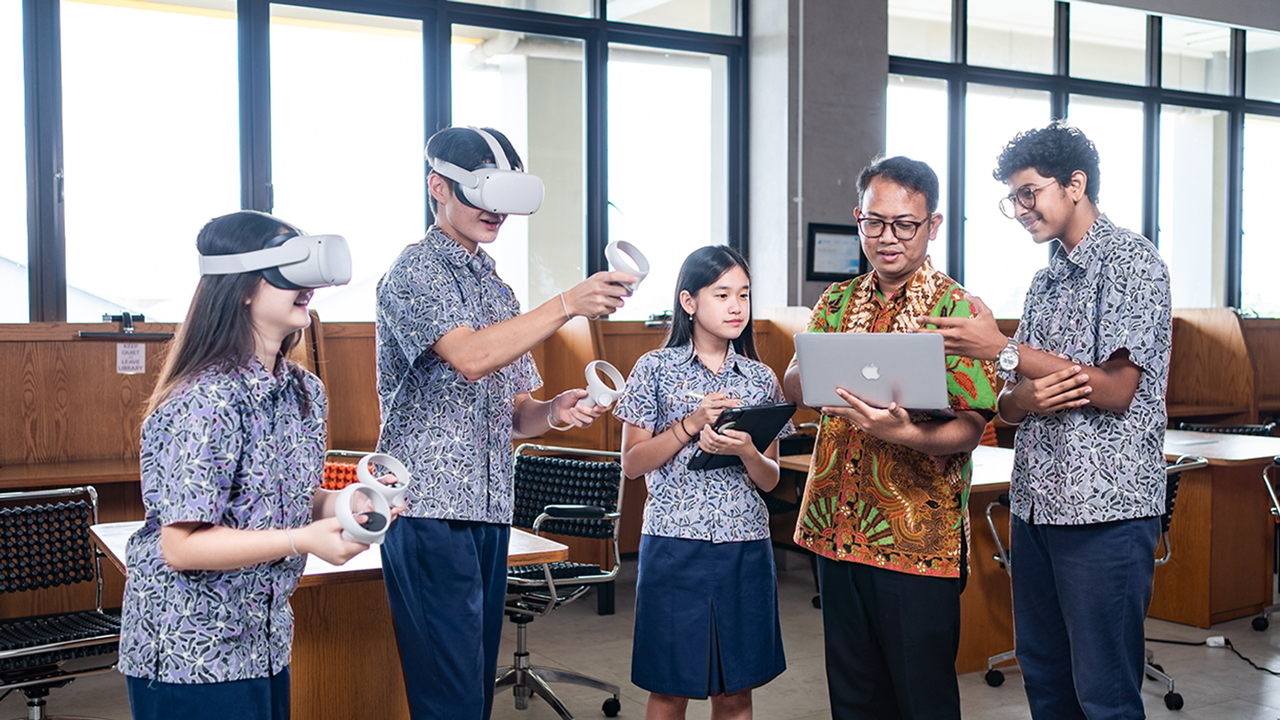

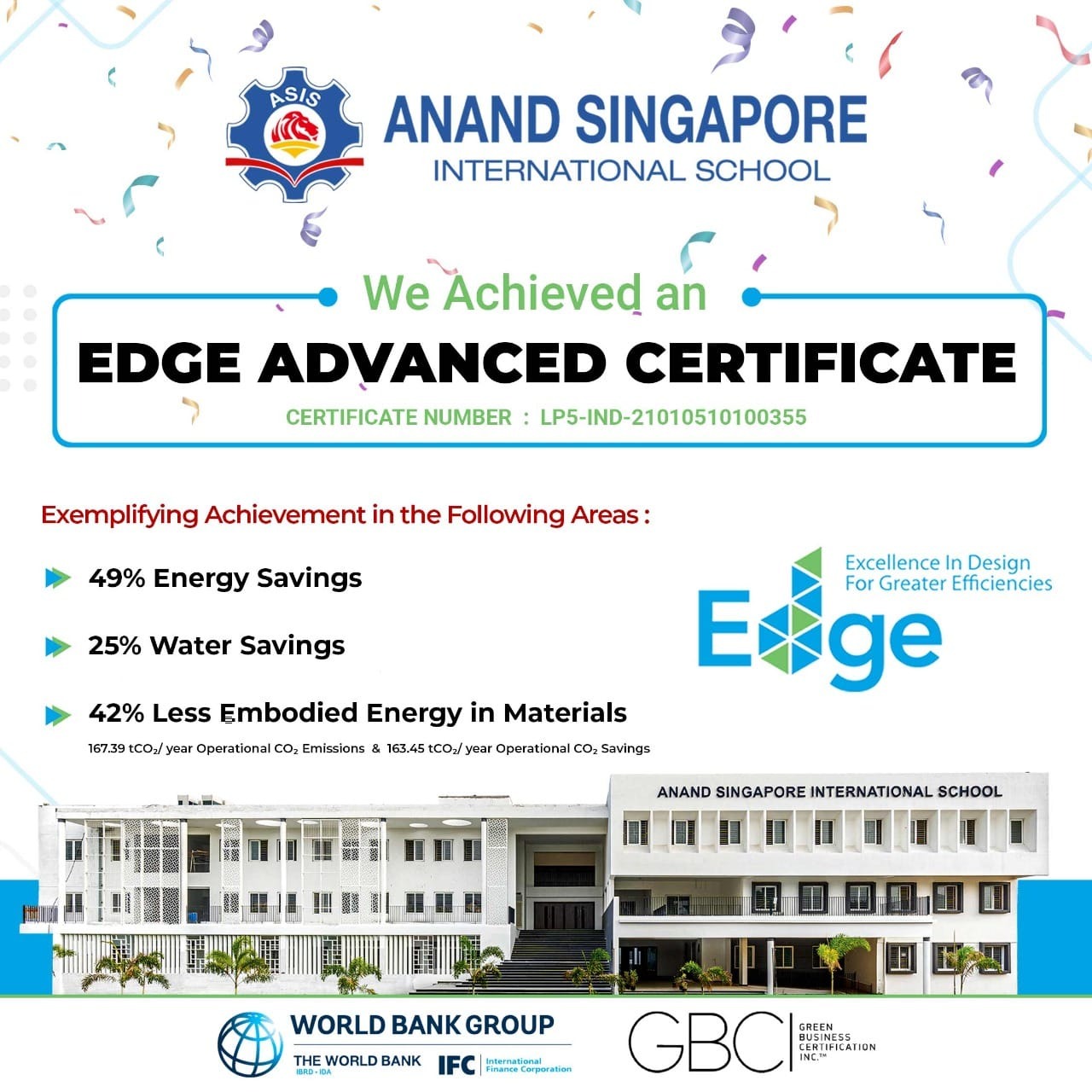
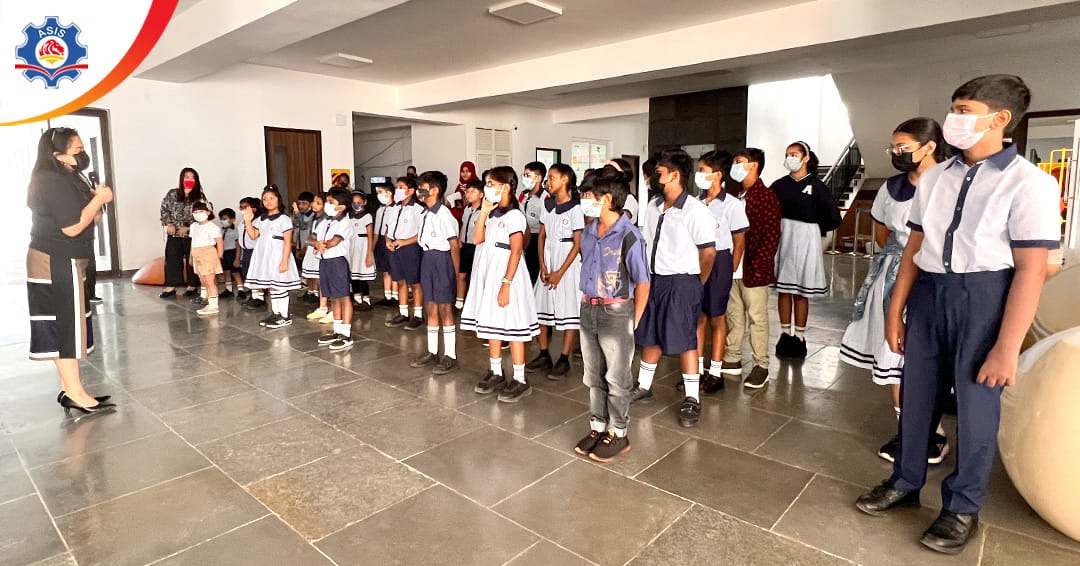
.jpg)

.jpg)
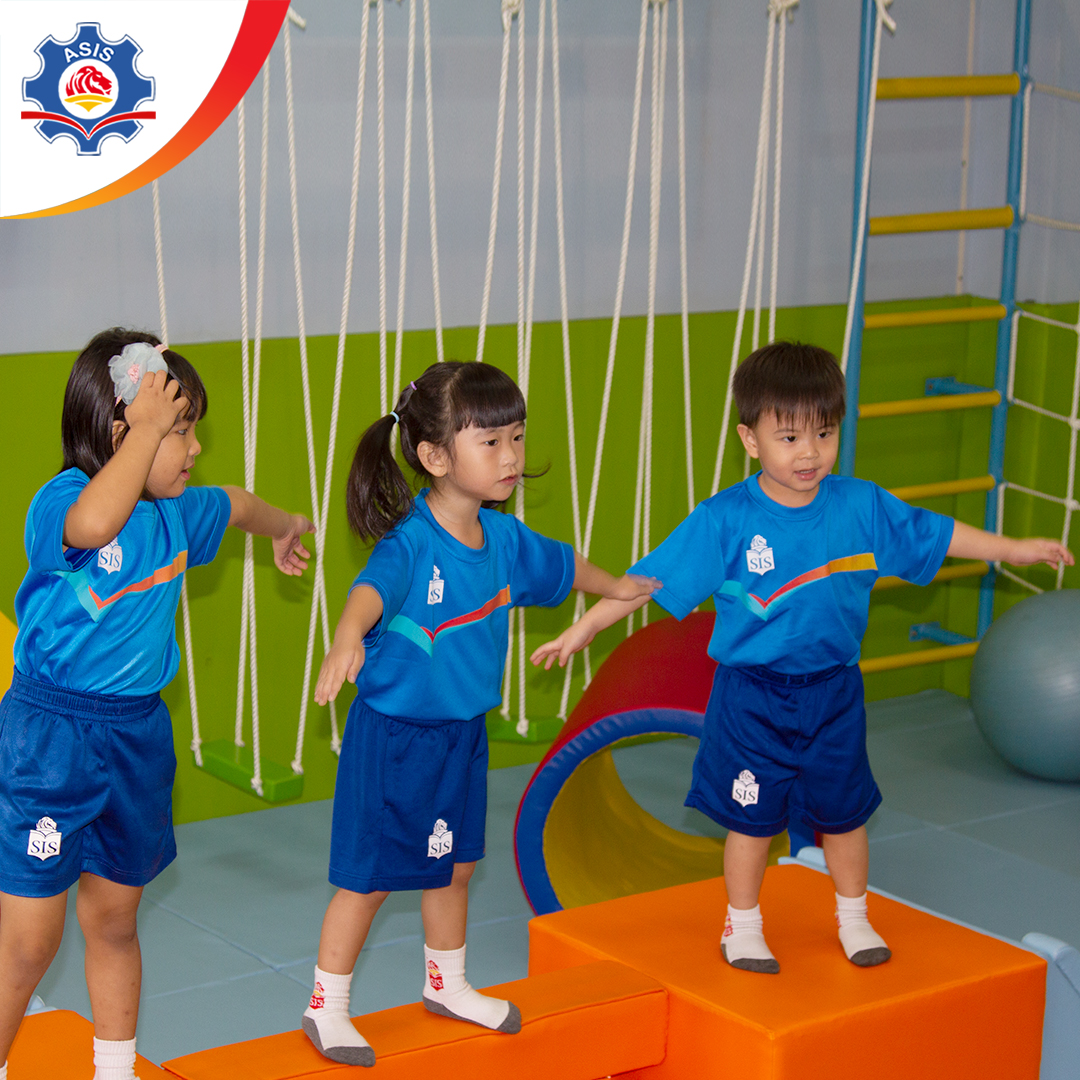




.jpg)




